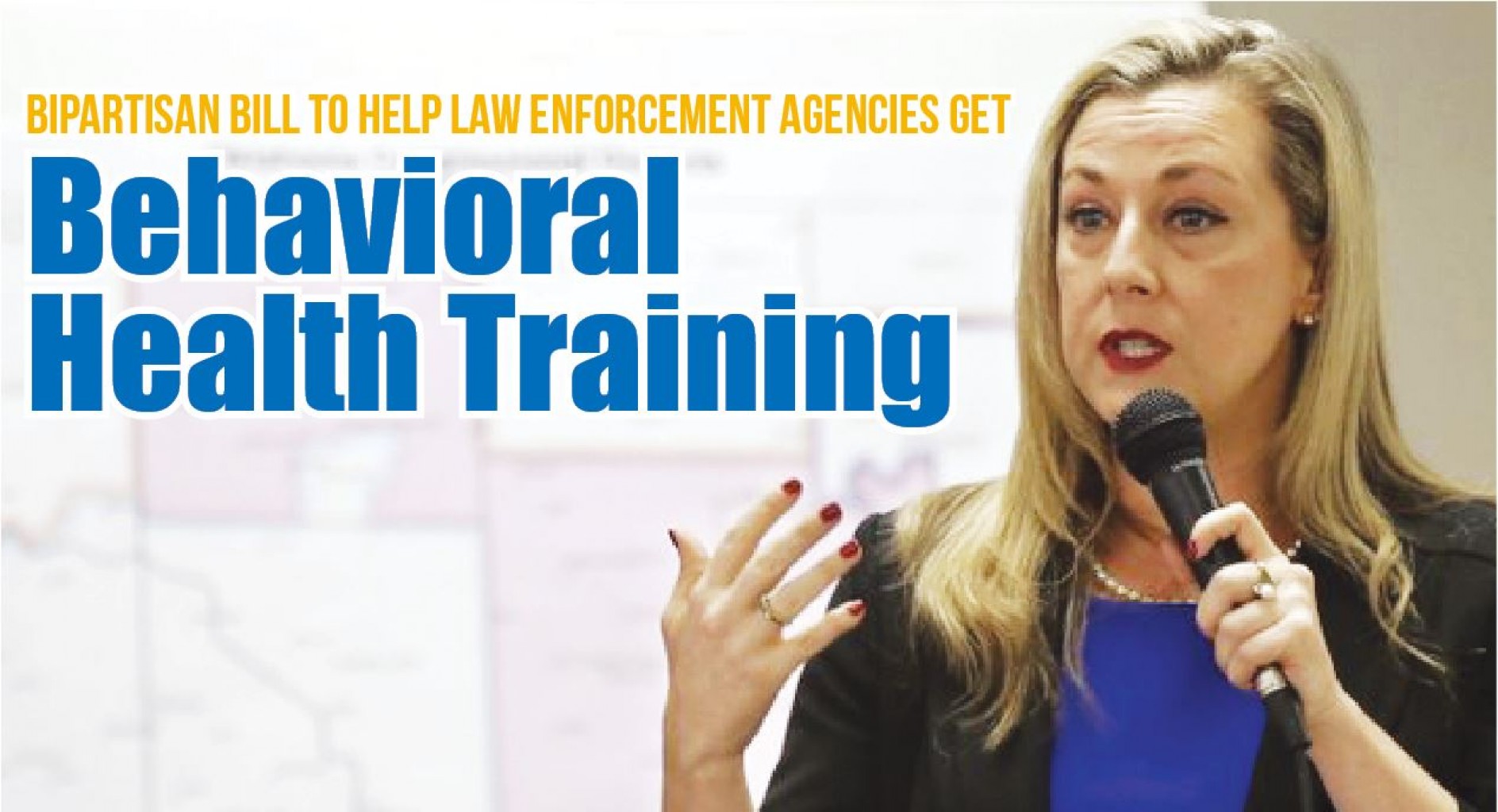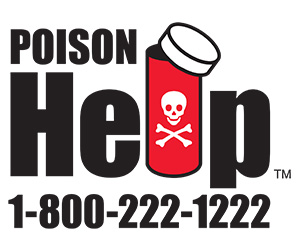Bipartisan bill to help Law enforcement agencies get Behavioral Health Training

WASHINGTON, D.C. -- Congresswoman Kendra Horn (D-OK) and Congressman Anthony Gonzalez (R-OH) have introduced a bipartisan bill to help prevent tragedies involving law enforcement and people experiencing a mental health crisis.
H.R. 2698, The Law Enforcement Training for Mental Health Crisis Response Act of 2019, provides grants to law enforcement departments at the state, local, territorial and tribal levels to obtain behavioral health crisis response training. Horn and Gonzalez, as well as their counterparts in the Senate, introduced the legislation during National Police Week, which honors fallen law enforcement officers.
Law enforcement agencies are the most common first responders to behavioral health crises, even though many departments lack the funding they need to train officers in crisis response. One in 10 police calls involve a person experiencing mental illness. One in four people killed by police die while they are in crisis. People with untreated mental illness are 16 times more likely to be killed during a police encounter than other civilians approached or stopped by law enforcement, according to a study by the Treatment Advocacy Center.
Many law enforcement agencies and first responders don’t have the kind of training that helps them identify, understand and de-escalate volatile situations that arose from behavioral health crises.
“The training gap puts both the officers and those experiencing crisis in danger,” Congresswoman Horn said. “This commonsense, bipartisan legislation makes our communities safer, and it helps us protect our most vulnerable. We need to equip these peace officers. These grants will help.”
“Our police officers are faced with an increasing number of calls related to mental health issues and people suffering from opioid abuse and addiction,” Congressman Anthony Gonzalez said. “Providing our local law enforcement with better resources and training to handle these situations will help to keep both our police force and our community safe. I am honored to help introduce this bill during National Police Week and to support our local law enforcement as they put their lives on the line to protect and serve our community every day.”
Sen. Jim Inhofe (R-OK) and Sen. Sherrod Brown (D-OH) introduced a companion bill in the U.S. Senate this week.
The National Alliance on Mental Illness supports crisis and mental health training for peace officers. Crisis intervention training in Memphis resulted in an 80 percent reduction of officer injuries during mental health calls, according to the organization.
The National Tactical Officers Association, a non-profit organization dedicated to serving the law enforcement community, also supports the bill. NTOA currently has more than 40,000 members from specialties that include patrol, crisis negotiations, canine, protective operations, explosives, command, tactical dispatchers and behavioral sciences.
“For far too long the courageous men and women of our nation's law enforcement community have seen an absence of resources to allow for the life-saving training to effectively and safely resolve the mental health critical incidents they routinely face in the performance of their duties,” said the organization’s executive director, Thor Eells. “The Law Enforcement Training for Mental Health Crisis Response Act of 2019 is critical to law enforcement personnel by providing the resources necessary to ensure that they have access to the training so vitally important to helping ensure both a proper and effective response to incidents involving a mental health crisis. The National Tactical Officers Association strongly supports this important legislation and offers it sincere gratitude to Rep. Horn for bringing this bill forward for consideration.”
This bill would create new grant opportunities under the Edward Byrne Memorial Justice Assistance Grant program. It is otherwise known as the Byrne JAG program, and it is administered by the Bureau of Justice Assistance. It awards grants to local law enforcement agencies for public safety initiatives. Byrne JAG grants help agencies after they get state and local funding; the grants aren’t meant to replace state and local funding.
Comentar
Los campos obligatorios estan marcados con *















































Comentar con Facebook